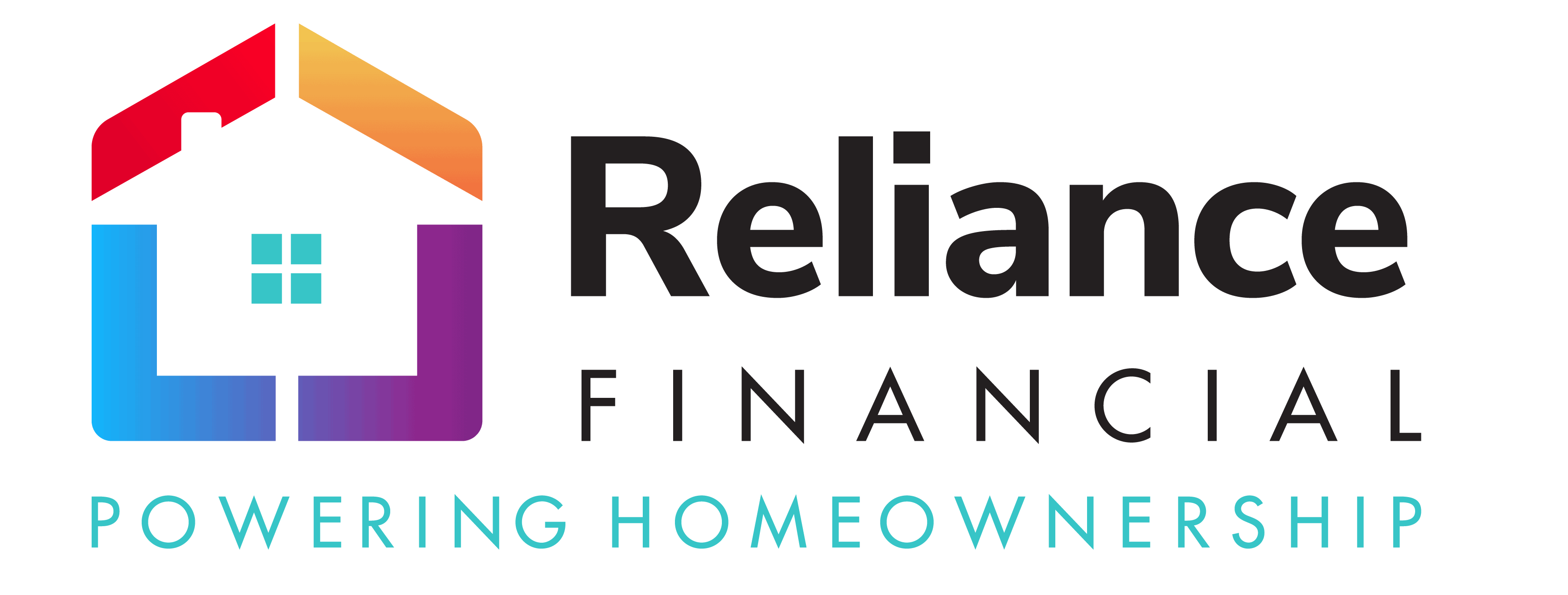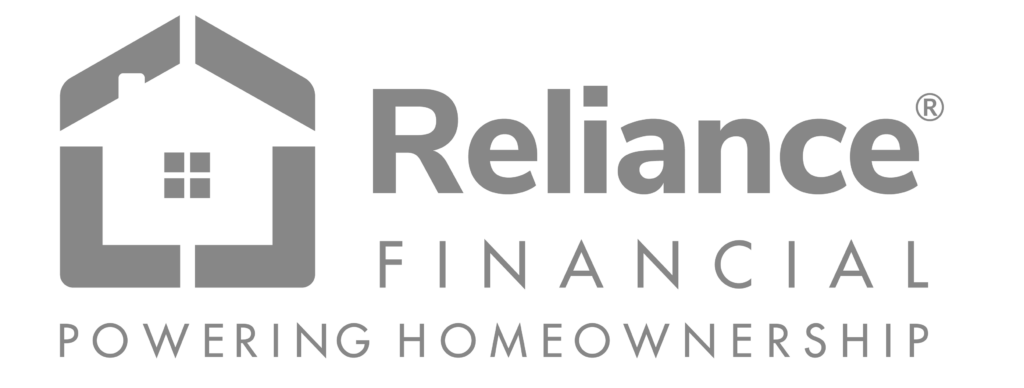The desire to purchase a home or property is a common aim for many people in the exciting and attractive city of Miami. But understanding the intricate domain of mortgages may be challenging, particularly given the unstable environment of interest rates. Since mortgage rates directly impact the overall cost of homeownership, influencing monthly payments and property affordability, understanding current mortgage rates in Miami is essential for both potential homebuyers and homeowners.
Miami, a coastal gem, captivates both buyers and investors with its unique allure and promising prospects. From luxurious waterfront properties to trendy urban condos, options abound. Miami’s recreational delights, pristine beaches, and natural beauty add to its charm, attracting those seeking a holistic lifestyle.
The city’s vibrant culture blends diverse traditions, offering an immersive experience. Boasting a robust economy and business-friendly environment, Miami presents lucrative investment opportunities in successful sectors like tourism and technology. Embrace the magic of Miami, where endless possibilities converge in a thriving paradise for buyers and investors alike.
Calculate Mortgage Interest Rates For Miami FL Using Mortgage Calculator
Real Estate Trends In Miami, FL
As of May 2023, the Miami housing market maintains positive trends with increasing home values and competitiveness. Here are important trends to know:
- According to Zillow, the average home value in Miami-Dade County is $485,431, up 7.9% from the previous year.
- Homes typically go pending in 26 days, indicating a competitive market.
- The average house evaluation in the Miami-Fort Lauderdale-West Palm Beach region is $455,761, an increase of 7.0% over the same time last year.
- Homes usually remain under contract for around 25 days.
- The market expects Miami’s property prices to rise by 7.4% in the upcoming year.
- The median sale-to-list ratio is 0.972, indicating homes sell close to their listed prices.
- The market is competitive, with 13.5% of sales going over the list price and 71.0% under it as of April 30, 2023.
The median days to pending are 25, signaling a fast-paced environment, requiring quick actions from buyers and sellers.
Updated Mortgage Rates In Miami
Before applying for a home loan, it is essential to compare mortgage rates because they might be very different between lenders. We have already done part of the legwork for you by utilizing Zillow to get the data listed below. These rates are only based on typical borrower requirements and general mortgage qualifications.(Last updated: Monday, July 24, 2023)
- Florida’s mortgage rates are now 2 basis points more expensive than the 6.60% national average. The typical 30-year fixed mortgage rate in Florida is currently stable at 6.62%.
- The current average 5-year ARM mortgage rate is down 10 basis points from 6.72% to 6.62%.
- The average 15-year fixed mortgage rate in Florida declined 8 basis points from 5.89% to 5.81%.
Your actual mortgage rates may differ from those shown here depending on your credit history and qualification, loan type, loan size, monthly installments, and many other factors. We suggest that you research Miami’s current mortgage rates, trends, and laws to obtain a low-interest rate on your mortgage.
Understanding Home Affordability
Affordability is simply your ability to make your monthly housing expenses. A simpler calculation can be the rent you pay plus your savings each month. Your savings can be calculated by taking your monthly income, subtracting your rent, and all other living expenses you incur each month.
Your monthly expenses may include items such as:
- Auto loan
- Private loan
- Education loan
- Minimum payments on credit cards
- Cost of timeshare
- Child assistance
- Alimony
Understanding Your Mortgage Qualification
To qualify for a mortgage there are three critical areas of your financial profile you must be prepared for:
- Credit Report: Your credit report reveals your credit score from three credit bureaus, Experian, Equifax, and Transunion. Lenders look at your middle score from the three that you receive from each of these bureaus. Also, your credit report reveals the minimum monthly payments you are required to make on your outstanding debt. Your debt includes credit card payments, student loan payments, medical payments, and other installment payments.
- Income: Lenders look at the debt-to-income ratio. This ratio is calculated by dividing your total monthly expenses, including housing payments plus your minimum monthly payments on your outstanding debt by your monthly income. Lenders will allow the debt-to-income ratio of between 38% to 50% based on the type of loan you are applying for and other mitigating factors of your credit profile.
- Assets: Lenders look for the source of your down-payment funds. Are they coming from your savings reserves or borrowed from family. Again, based on the type of mortgage loan product that you are qualifying for, the asset reserves can range from no reserve requirements up to 18 months of your mortgage payment expense.
There are other factors in making sure your will qualify for the mortgage you need to secure your dream home. However, the top three are key in your mortgage loan qualification.
Tips To Compare Current Mortgage Rates
- Compare the rates for the same product across multiple lenders, e.g., 30-year fixed loan, or a 20-year fixed loan.
- Compare the annualized percentage rate (APR) across multiple lenders. The APR on your loan is basically the interest rate you are being quoted plus the financing fees you will pay to get that rate which includes points, discount fees, underwriting or processing fees, credit report, and appraisal fees.
- Don’t just read about rates online; apply for pre-approval with many lenders. When you apply for pre-approval, lenders take into account personal factors like your credit score and down payment when determining your mortgage rate. This might help you compare different lenders correctly.
- The three major credit reporting agencies Experian, Equifax, and TransUnion advise applicants to compare rates within a 30-day timeframe after your credit is initially pulled. During this time, the agencies suggest that you can shop for mortgage rates with any number of lenders. No matter how many lenders you apply with, these credit bureaus will only reduce your credit score by one.
- Each lender you apply with should provide you with a loan estimate. This estimate details the terms and fees of a loan. Included are the interest rate, the APR, closing costs, your monthly mortgage payments, and any other charges like private mortgage insurance. Make sure to carefully examine each of these estimates and charges before deciding which offers you the best overall value.
Conclusion
As we’ve mentioned, a reasonable rate might potentially save you thousands of dollars over the life of holding that mortgage. To choose the mortgage that is best for you, it is crucial to evaluate offers from several lenders.
For the most recent mortgage rates, personalized quotes, and a thorough analysis of your expected monthly payment, trust Reliance Financial to provide you with an excellent overall experience with your mortgage loan. We are regularly rated among the top mortgage lenders in Miami, Florida. To ensure you’re making plans for the future, our financial advisers will also assist with planning your entire closing process and ensuring you have step-by-step guidance throughout your home buying journey.
Frequently Asked Questions About Current Mortgage Rates In Miami
Q1: What is more common in Miami, fixed-rate or adjustable-rate mortgages?
Fixed-rate mortgages are typically preferred by Miami homebuyers, especially when interest rates are low. Fixed-rate mortgages are popular because they provide stability and predictable payments throughout the length of the loan, which appeals to many homebuyers.
Q2: In order to benefit from reduced rates, should I think about refinancing my current mortgage in Miami?
Only if you locate a mortgage rate that is less than your existing one may make refinancing advantageous. In addition, if you have considerable high interest rate debt that you are paying on your credit cards or a car loan, refinancing might help you reduce your monthly payments. You must, however, carefully consider the costs associated with refinancing as well as the length of time it will take for the interest savings to make up for those outlays.
Q3: Does Miami government offer programs or incentives to reduce mortgage rates?
Local or federal government may have incentives and programs for Miami homeowners, particularly for first-time buyers or people having lower incomes. To know about it, you should contact with your regional housing authority, or think about contacting a mortgage broker to learn more about these alternatives.
Q4: Can non-US citizens or foreign nationals obtain mortgages in Miami?
Yes, foreign nationals or citizens of other countries regularly qualify for mortgages in Miami, however the specific requirements and terms may vary between lenders. Check with a seasoned mortgage broker or lender to guide you with their loan options.








